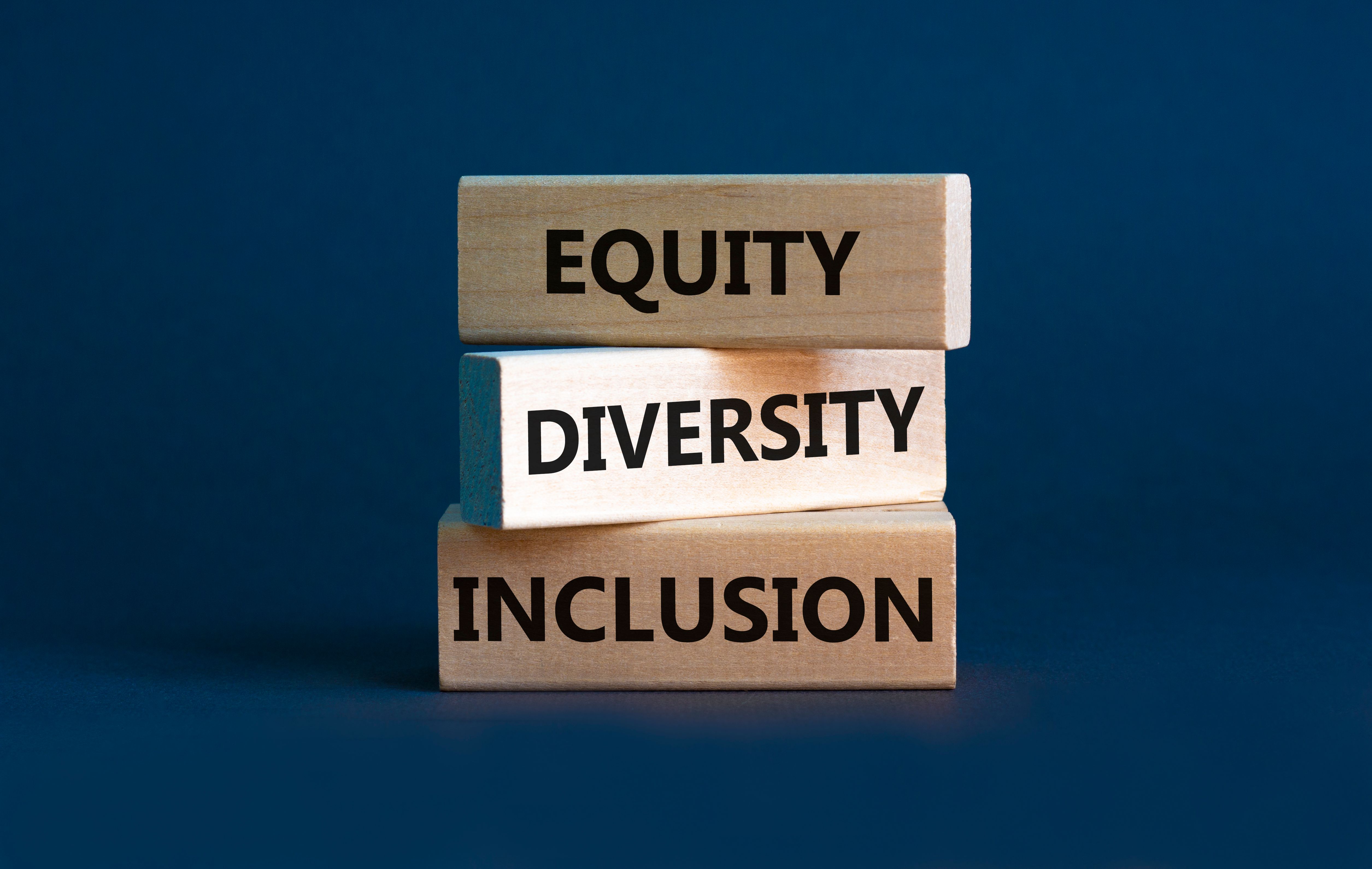The Future of DeFi in Africa: Opportunities and Challenges Explored
Understanding the Rise of DeFi in Africa
Decentralized Finance, or DeFi, is rapidly gaining traction across Africa, a continent historically underserved by traditional financial systems. The rise of mobile money and increased internet penetration have paved the way for digital financial solutions that bypass conventional banking barriers. DeFi platforms are providing new opportunities for financial inclusion, enabling users to access loans, savings, and investment opportunities without needing a bank account.
Many African countries are experiencing a fintech boom, with startups leveraging blockchain technology to offer innovative financial services. This environment is ripe for the adoption of DeFi, which promises more transparency, lower costs, and increased efficiency compared to traditional finance. As DeFi continues to evolve, it holds the potential to transform the financial landscape in Africa.

Opportunities Presented by DeFi
One of the most significant opportunities presented by DeFi in Africa is the ability to provide financial services to the unbanked population. With over 60% of sub-Saharan Africans lacking access to traditional banking services, DeFi offers a viable alternative. By using blockchain technology, DeFi platforms can reach remote areas where traditional banks do not operate.
Moreover, DeFi can empower small businesses by providing easier access to credit. Traditional banking often involves complex processes and stringent requirements that can be prohibitive for small entrepreneurs. DeFi platforms can offer micro-loans and investment opportunities tailored to the needs of these businesses, fostering economic growth and innovation across the continent.
Challenges Facing DeFi Adoption
Despite its promising potential, DeFi faces several challenges in Africa. One major hurdle is the lack of regulatory frameworks to govern these new financial systems. Governments and regulators are still grappling with how to integrate DeFi into existing financial regulations without stifling innovation. This uncertainty can hinder investment and slow down the adoption of DeFi solutions.
Additionally, the issue of digital literacy poses a significant challenge. While smartphone penetration is increasing, many potential users still lack the necessary skills to navigate DeFi platforms effectively. Educational initiatives are crucial to bridge this gap and ensure that more people can benefit from these technological advancements.
Key Players in Africa's DeFi Landscape
Several companies are at the forefront of introducing DeFi solutions across Africa. For instance, platforms like BitPesa and Paxful are facilitating cross-border payments and remittances using cryptocurrencies. Meanwhile, startups like AAVE and Compound are exploring lending and borrowing opportunities using decentralized protocols.
The collaboration between African fintech companies and international blockchain firms is also playing a crucial role in driving DeFi adoption. By pooling resources and expertise, these partnerships can create more robust and scalable solutions that meet the unique needs of African consumers.
The Road Ahead for DeFi in Africa
The future of DeFi in Africa is promising, but it requires concerted efforts from various stakeholders to overcome existing challenges. Policymakers need to develop supportive regulatory frameworks that encourage innovation while protecting consumers. At the same time, educational programs must be prioritized to enhance digital literacy and awareness of DeFi benefits.
As more people gain access to these decentralized financial services, there is a strong potential for economic empowerment across the continent. By fostering an inclusive financial ecosystem, DeFi can play a pivotal role in driving sustainable development in Africa.

